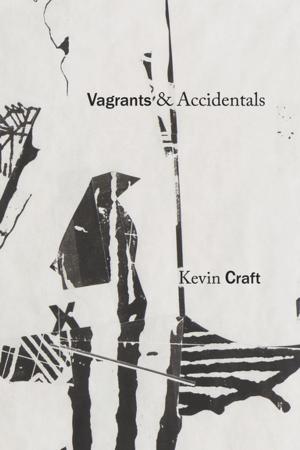| Author: | Linda K. Chalker-Scott | ISBN: | 9780295800325 |
| Publisher: | University of Washington Press | Publication: | March 1, 2013 |
| Imprint: | University of Washington Press | Language: | English |
| Author: | Linda K. Chalker-Scott |
| ISBN: | 9780295800325 |
| Publisher: | University of Washington Press |
| Publication: | March 1, 2013 |
| Imprint: | University of Washington Press |
| Language: | English |
Winner of the Best Book Award in the 2009 Garden Writers Association Media Awards
Named an "Outstanding Title" in University Press Books for Public and Secondary School Libraries, 2009
In this introduction to sustainable landscaping practices, Linda Chalker-Scott addresses the most common myths and misconceptions that plague home gardeners and horticultural professionals. Chalker-Scott offers invaluable advice to gardeners gardeners who have wondered:
Are native plants the best choice for sustainable landscaping?
Should you avoid disturbing the root ball when planting?
Are organic products better or safer than synthetic ones?
What is the best way to control weeds-fabric or mulch?
Does giving vitamins to plants stimulate growth?
Are compost teas effective in controlling diseases?
When is the best time to water in hot weather?
If you pay more, do you get a higher-quality plant?
How can you differentiate good advice from bad advice?
The answers may surprise you. In her more than twenty years as a university researcher and educator in the field of plant physiology, Linda Chalker-Scott has discovered a number of so-called truths that originated in traditional agriculture and that have been applied to urban horticulture, in many cases damaging both plant and environmental health. The Informed Gardener is based on basic and applied research from university faculty and landscape professionals, originally published in peer-reviewed journals.
After reading this book, you will:
Understand your landscape or garden plants as components of a living system
Save time (by not overdoing soil preparation, weeding, pruning, staking, or replacing plants that have died before their time)
Save money (by avoiding worthless or harmful garden products, and producing healthier, longer-lived plants)
Reduce use of fertilizers and pesticides
Assess marketing claims objectively
This book will be of interest to landscape architects, nursery and landscape professionals, urban foresters, arborists, certified professional horticulturists, and home gardeners.
For more information go to: http://www.theinformedgardener.com
Winner of the Best Book Award in the 2009 Garden Writers Association Media Awards
Named an "Outstanding Title" in University Press Books for Public and Secondary School Libraries, 2009
In this introduction to sustainable landscaping practices, Linda Chalker-Scott addresses the most common myths and misconceptions that plague home gardeners and horticultural professionals. Chalker-Scott offers invaluable advice to gardeners gardeners who have wondered:
Are native plants the best choice for sustainable landscaping?
Should you avoid disturbing the root ball when planting?
Are organic products better or safer than synthetic ones?
What is the best way to control weeds-fabric or mulch?
Does giving vitamins to plants stimulate growth?
Are compost teas effective in controlling diseases?
When is the best time to water in hot weather?
If you pay more, do you get a higher-quality plant?
How can you differentiate good advice from bad advice?
The answers may surprise you. In her more than twenty years as a university researcher and educator in the field of plant physiology, Linda Chalker-Scott has discovered a number of so-called truths that originated in traditional agriculture and that have been applied to urban horticulture, in many cases damaging both plant and environmental health. The Informed Gardener is based on basic and applied research from university faculty and landscape professionals, originally published in peer-reviewed journals.
After reading this book, you will:
Understand your landscape or garden plants as components of a living system
Save time (by not overdoing soil preparation, weeding, pruning, staking, or replacing plants that have died before their time)
Save money (by avoiding worthless or harmful garden products, and producing healthier, longer-lived plants)
Reduce use of fertilizers and pesticides
Assess marketing claims objectively
This book will be of interest to landscape architects, nursery and landscape professionals, urban foresters, arborists, certified professional horticulturists, and home gardeners.
For more information go to: http://www.theinformedgardener.com















